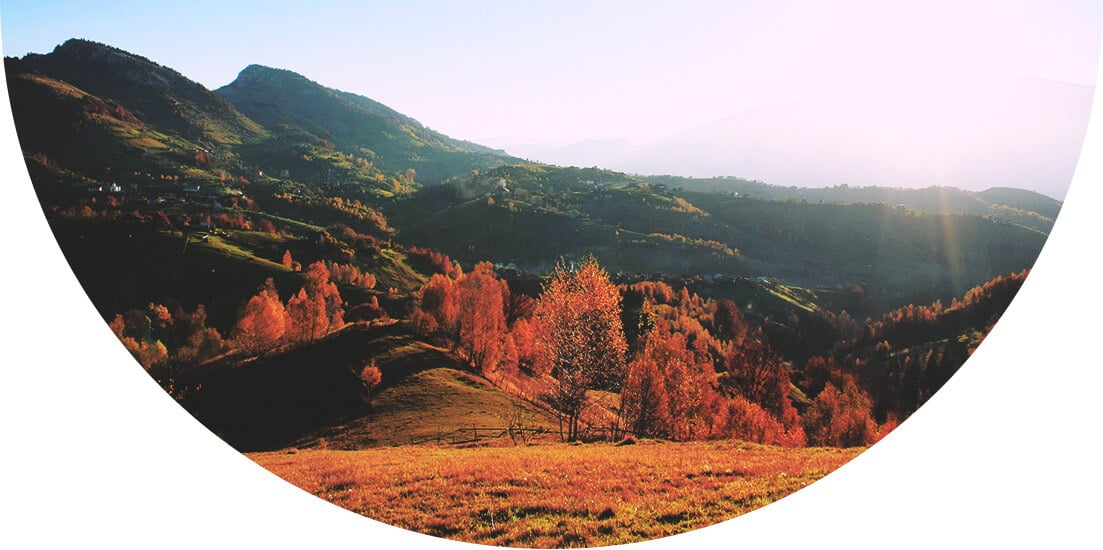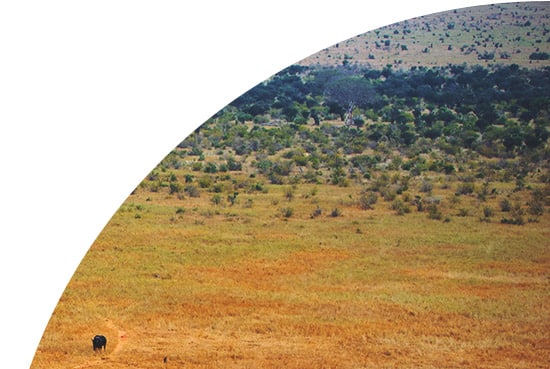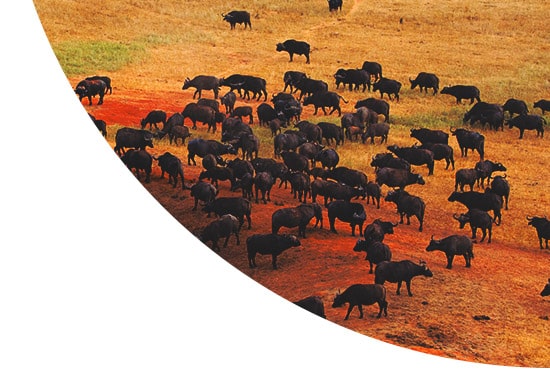Rift Valley fever (RVF) is an acute, fever-causing viral disease that usually affects domesticated animals (such as cattle and sheep), but can also infect and cause illness in humans. The majority of human infections are caused by direct or indirect contact with the blood or organs of infected animals.


Travel Vaccinations for Guinea-Bissau
Recommended Vaccines for Guinea-Bissau
The level of protection needed depends on your medical history and travel itinerary. Book now to get a personalised recommendation from our specialist travel nurses. The consultation costs £20 plus any vaccines you decide to take.
Vaccines Advised To Some Guinea-Bissau Visitors
Flexible appointments with no upfront payment
Book Now
Destination Information for Guinea-Bissau
The former Portuguese colony of Guinea-Bissau is on the West coast of Africa bordered by Senegal and Guinea. This is a cheerful and laid-back country with a Latin feel to it, and is one of only a few African countries to celebrate carnival time. The streets of the capital, Bissau are filled with music and dancing each February, and if you’re visiting to experience true African culture and joie de vivre, this is the time to do so! Bissau is easy to navigate and offers plenty in the way of bars and restaurants for those wishing to sample local life.
Guinea-Bissau is the ideal destination from which to explore the Bijagós Archipelago, which is just off the coast. This is a UNESCO listed National Park, famous for its rare pygmy hippos, as well as sea life including sharks, manatees and turtles. Inland is the busy market town of Gabú, with nightclubs, bars and hotels, making for a convenient place to stop if you’re travelling to or from the coastal areas. Guinea-Bissau is warm all year round, although there is a rainy season between June and October, and the country typically experiences drought between December and April.
Infections and Outbreaks frequently change from country to country and by attending our clinics you will be given the most up to date clinical and safety advice from our team of specialists. Our advice to you often includes aspects such as:
- Food and water hygiene
- Insect and animal bite avoidances
- Personal safety
- Sexually transmitted infections
- Sun protection
- Altitude sickness
Malaria and regions within country:
There is a high risk of P.Falciparum malaria throughout the country and anti-malarial medication is recommended.
Additional Health Risks Information for Guinea-Bissau
Visits to Guinea Bissau are currently considered safe for foreigners, but bear in mind that the political situation in the country is unstable, and that the security status could change at any time. Parliamentary elections are due to take place in 2018. Although crime rates in Guinea Bissau are low, the country is extremely poor, so carrying large amounts of cash or obvious valuables such as cameras or jewellery could draw attention to you and make you a potential target.
Throughout Guinea Bissau there is a potential risk from landmines. De-mining is currently taking place, and the capital Bissau has been declared mine-free although you should stick to main roads if venturing anywhere outside of the capital.
Medical facilities in Guinea Bissau are limited, with those hospitals and clinics that do exist not always being operational. Cholera is a risk especially in the rainy season, drink only bottled water, and be cautious about food and drink preparation.
Guinea Bissau is high risk for malaria and Yellow fever, it is advisable to visit a Travel clinic to get the necessary vaccines, medications and advice before you travel.
It has also been identified as being at risk from the Zika virus outbreak, which is transmitted by mosquitos and has no vaccine, use 50% deet insect repellent for insect bite prevention. The virus can cause birth defects in unborn babies. If you are pregnant or planning to become pregnant you should not visit Guinea Bissau.



